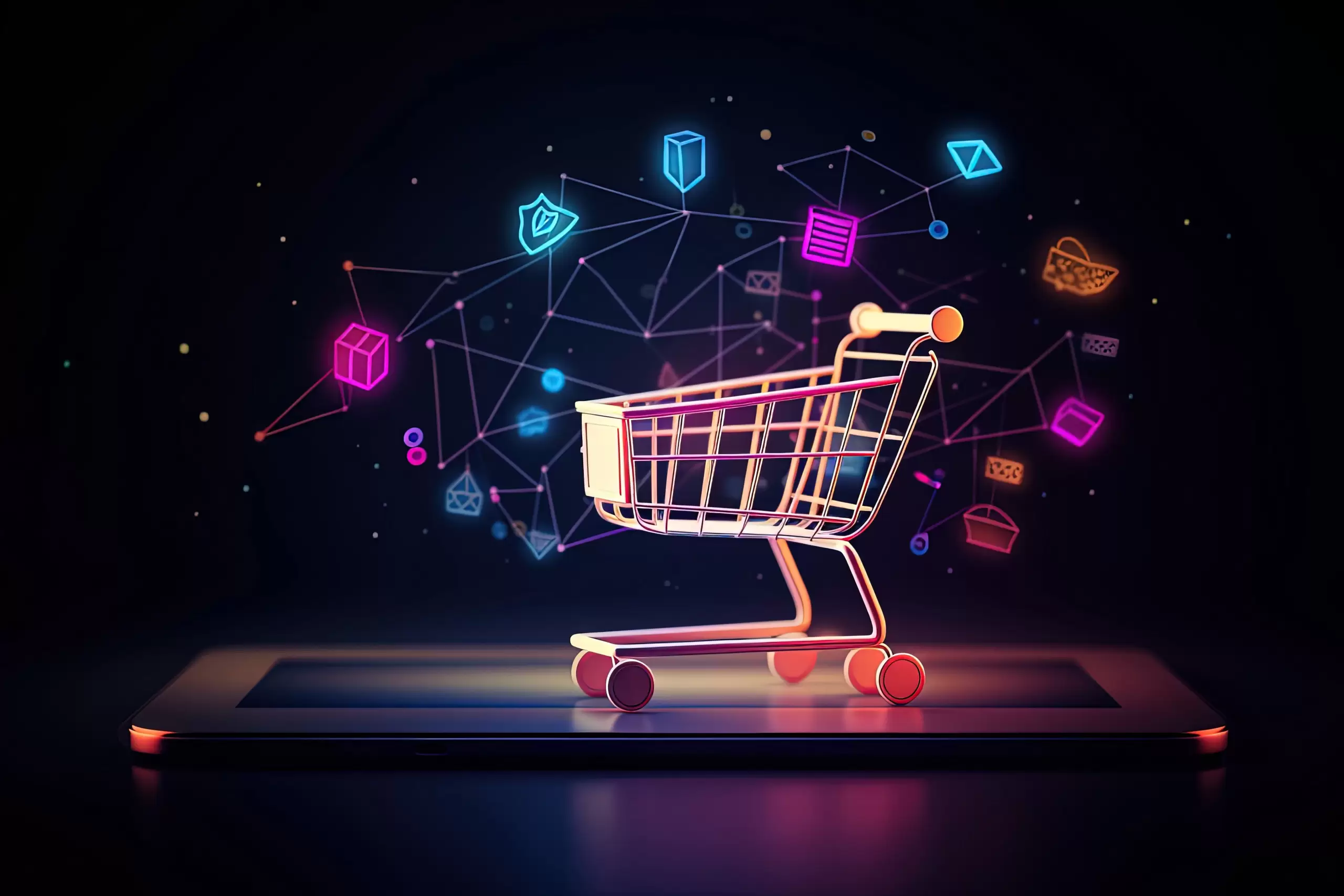Uncovering the Bright Horizons: The Impact of AI on the Future and Society
Artificial intelligence (AI) develops as a beacon illuminating the route towards a future overflowing with unexplored possibilities in the constantly changing environment of technological wonders. The future of AI seems to be an exciting voyage filled with ground-breaking discoveries that have the power to transform a variety of facets of human existence. We must learn more about the enormous changes that AI is about to bring about in order to embark on this transformational path and usher in an era of unheard-of growth and wealth.
Healthcare Revolution: Empowering
The promise of AI is centred on its ability to transform healthcare. Think of a day in the future when AI-driven diagnostics are our dependable allies in the fight against diseases.IBM’s Watson for Oncology, for instance, analyses voluminous oncological data and offers individualised treatment alternatives to support oncologists’ decision-making. This method not only accelerates treatment but also helps patients have better outcomes.
Additionally, the ability of AI to analyse intricate medical pictures like MRI and CT scans allows for early identification of diseases like cancer. For instance, Google’s DeepMind created an AI algorithm that can recognise eye conditions like diabetic retinopathy with an accuracy comparable to that of trained professionals. This not only lowers diagnostic mistakes but also makes prompt intervention easier, potentially saving millions of people’s sight.

Education Evolution
Thanks to the use of AI in personalised learning, the educational environment is about to undergo a seismic change. AI algorithms are used by adaptive learning platforms like DreamBox Learning to tailor the curriculum and pace based on the progress of each individual learner. This guarantees that students receive teaching that is specifically matched to their needs and challenges.
Chatbots powered by AI are improving educational help outside of the classroom. According to a study from Carnegie Mellon University, Alex, an AI tutoring system, greatly increased the results of student learning in computer science classes. Even after regular class hours, Alex provided immediate feedback, establishing a positive learning environment.
AI-based Sustainable Solutions
As our globe struggles with environmental issues, artificial intelligence (AI) is emerging as a crucial tool in our drive for sustainability. Huge databases are analysed by AI systems to optimise energy use in buildings, which lowers greenhouse gas emissions. One system that uses AI to optimise building systems and save a lot of energy is the Autonomous Building Operation System (ABOS).
Monitoring and preserving endangered species is another way that AI helps conservation efforts. AI can monitor animal populations and spot unauthorised poaching using recognition of images and data analysis. With the aid of this technology, animal conservationists can respond quickly and successfully, protecting biodiversity for upcoming generations.

A Manufacturing Revolution
With automation fueled by AI, the manufacturing sector is set to undergo a significant transformation. The productivity and precision of factories that use AI-driven robots and IoT sensors has increased. Consider the automotive sector, where AI-driven robots painstakingly assemble complex components, improving product quality and reducing mistakes.
By examining real-time data, predictive maintenance, another aspect of AI, guarantees that equipment operates as efficiently as possible. In order to prevent unscheduled downtime and improve operational effectiveness, General Electric uses AI-powered sensors to forecast when aircraft engines need maintenance.
Inclusivity with AI
Artificial intelligence has the power to close gaps and strengthen marginalised communities, making inclusion a defining characteristic of our future. While translating speech from one language to another, Google’s Translation AI-driven translation technology keeps the speaker’s voice and tone. People who speak different languages can communicate more authentically thanks to this technology.
Additionally, assistive devices powered by AI enable persons with disabilities. Through the use of brain-computer interfaces, such as those created by CTRL-Labs, people with mobility issues can communicate with computers by thinking about it. Their quality of life is improved by this innovation’s increased independence and access to digital platforms.

Transportation Revolution
Autonomous vehicles are the transportation of the near future, offering safer roads and increased mobility. The Tesla Autopilot uses a combination of sensors and AI algorithms to navigate and react to current traffic conditions. Autonomous cars have the potential to revolutionise transportation by reducing human error, resulting in fewer accidents and better traffic flow.
Additionally, transport networks enhanced by AI can dramatically cut carbon emissions. AI is used by Singapore’s Traffic Management and Control System to anticipate and reduce traffic congestion. This AI-driven technology minimises idle time, resulting in lower consumption of fuel and a better urban environment. It does this by dynamically altering traffic lights and routes.

Personalised Entertainment and Lifestyle
The widespread effect of AI improves our daily lives by providing personalised experiences across a range of domains. Utilising AI algorithms, video streaming sites like Netflix create suggestions for customers’ preferred types of material based on their viewing patterns and preferences. In addition to raising customer satisfaction, this helps the platform succeed.
Artificial intelligence (AI) and virtual reality (VR) are set to alter entertainment. Imagine engaging situations where characters created by AI interact with users naturally. The distinction between fact and fiction is blurred as a result, opening up new opportunities for imaginative storytelling and interactive content intake.
Ethical Challenges and Considerations
Although AI has a bright future, its creation and application must be guided by ethical principles. For instance, algorithmic bias is still a worry since AI systems may unintentionally reinforce prejudicial attitudes. To combat this, programmers must make sure that datasets are impartial and diverse, developing AI systems that uphold the principles of equity and inclusivity.
Moreover, programmes for reskilling and upskilling are required because automation may result in the loss of jobs. To ensure a smooth transition towards an AI-augmented future, governments, corporations, and educational organisations must work together to provide the workforce with skills that are still in demand.

Summary
In the end, the upcoming age of AI invites us with a plethora of chances to improve our environment. AI has the power to transform several industries, from healthcare to sustainable solutions. But immense power also entails great responsibility. We must stay strong in our commitment to ethical growth as we forge ahead into this AI-powered frontier, making sure that the revolutionary power of AI is utilised for the benefit of all. We can realise the full potential of AI and open the door to a future that is more promising, just, and fundamentally human by embracing innovation, promoting inclusion, and upholding ethical standards.



